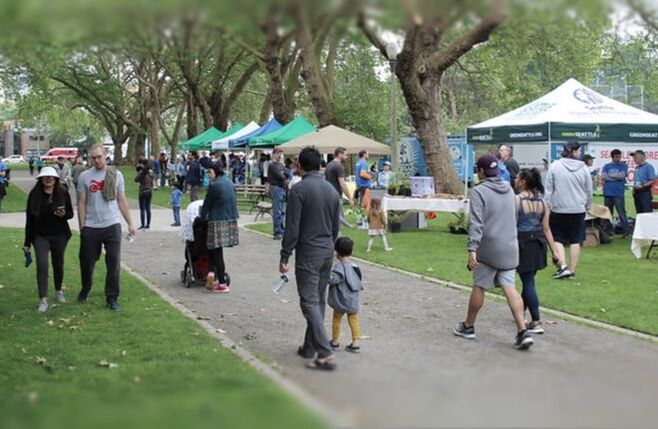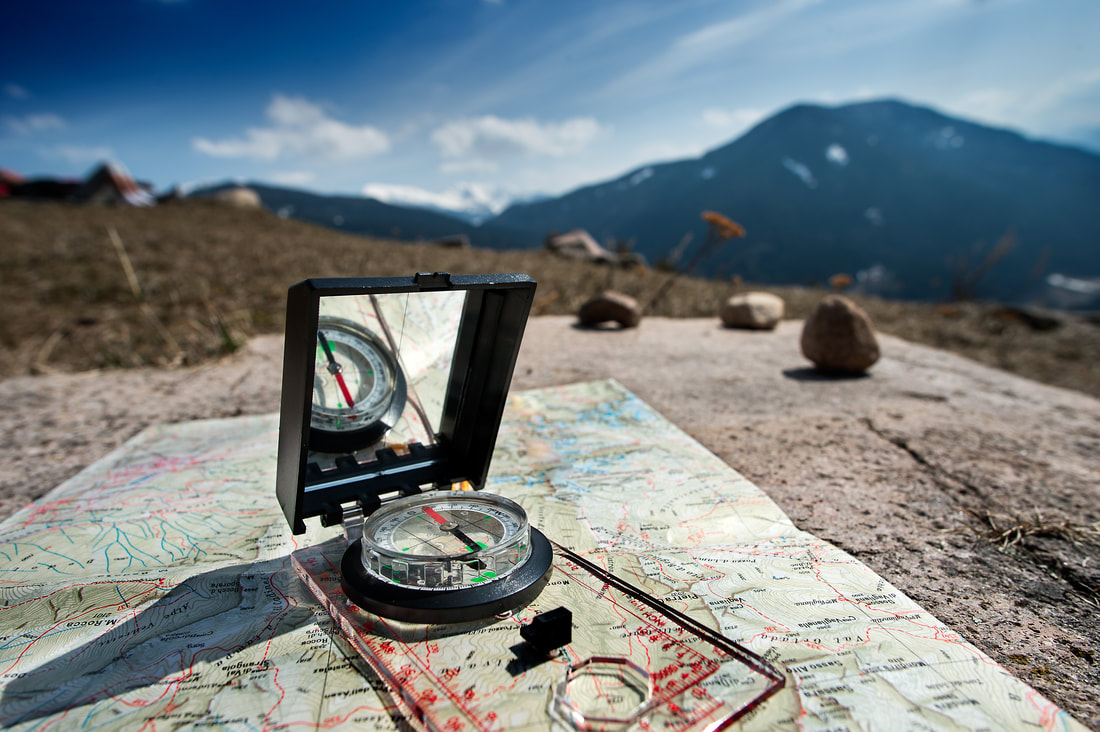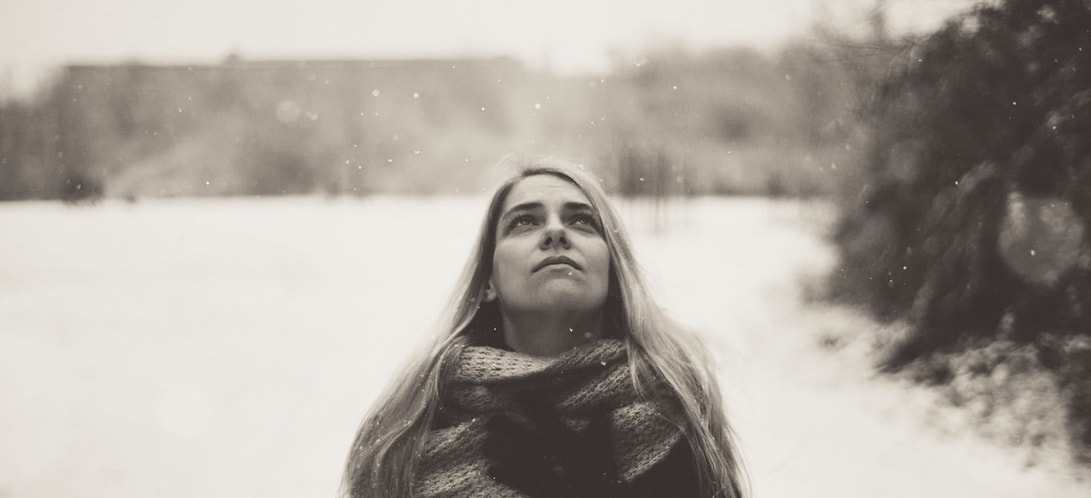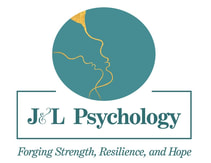|
By Emily Brackman, PhD
“Recovery can only take place within the context of relationships; it cannot occur in isolation.” – Dr. Judith Lewis Herman While we are more "connected" than ever before, technologically speaking, it has been a long and lonely pandemic for many if not most of us. Even with constant, immediate, and seemingly endless outlets for virtual contact, loneliness and longings for meaningful social connection are at an all-time high. In the Japanese art of Kintsugi, broken pottery is repaired with a bonding substance lined with gold to create a new, beautiful, shimmering object by integrating and honoring past pain. As we each reassemble the pieces of our former way of life to build an even stronger foundation, it is important to remember that our ties to loved ones, friends, family, and community can serve as the glue that holds us together. As a team of mental health professionals at J&L, we recognize that there is no one-size-fits-all cure for loneliness. We have put together 5 suggestions of things you can do If you are struggling to connect with others and are looking to build community. By Emily Brackman, PhD
At the one-year anniversary of the COVID-19 pandemic, our inboxes and social media feeds are inundated with creative tips and tricks to improve our emotional well-being. Although there is light at the end of the tunnel, we continue to endure drastic changes to daily life. While staying in touch through Zoom meetups or taking a relaxing bath certainly can help soothe the effects of mind-numbing work-from-home days and prolonged social isolation, sometimes these one-size-fits-all strategies simply do not do the trick. If you find yourself anxious, depressed, or lost as we arrive at this anniversary – you are not alone. During times of prolonged uncertainty and constant change, it is remarkably human to at times feel less hopeful or excited about the future. You may find yourself asking, “What is the point of it all?” Emily Brackman, PhD, is quoted in an article about coping with grief during the holidays. She suggests helpful activities such as creating a new ritual that allows you to mourn, and recommends that you consider ways you can honor your loved one's memory with traditions that matter most to you. You might share a story about your loss with a friend, go through an old photo album, write a letter to someone you are missing, or ask a shared person in your life to tell you a little bit about their relationship with the person you've lost.
Read the full article at MyWellbeing > |
Categories
All
Archives
March 2024
|
Home The Practice FAQs Practice News & Blog Stress & Anxiety Depression Trauma Couples Therapy Child Therapy, Parenting Coaching & Family Therapy Self Development Treatment For Professionals Contact
J&L Psychology Group, PLLC302 5th Avenue, 11th Floor, #1112, New York, NY, 10001
(646) 609-6323 If this is a mental health emergency, please call 911, go to your nearest emergency room, or call or text the Suicide and Crisis Lifeline at 988. Stay up to date: |
Follow us on Facebook and Instagram:
© Copyright J&L Psychology Group 2021
|




 RSS Feed
RSS Feed
